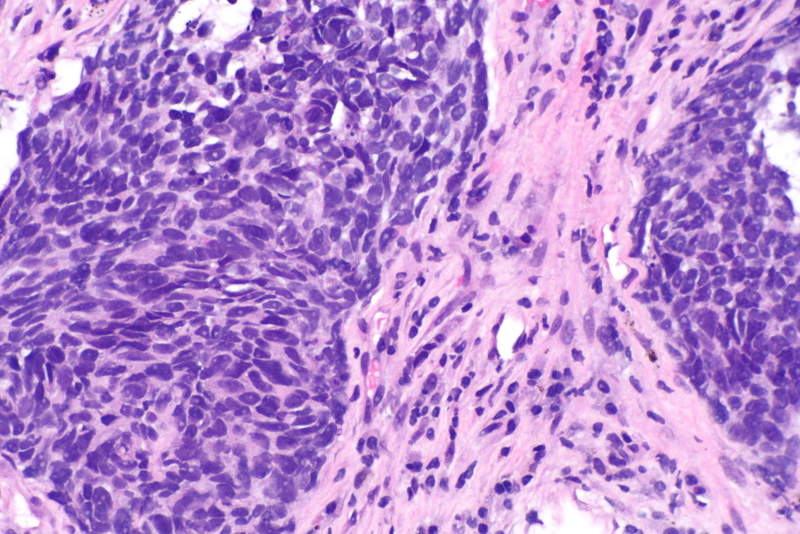
South Korean pharmaceutical company Yuhan has signed a licensing and cooperation agreement valued at up to $1.25bn with Janssen Biotech to out-license a lung cancer drug candidate called Lazertinib.
The new clinical-stage therapeutic is an oral, mutant-selective, irreversible, third generation EGFR tyrosine-kinase inhibitor. It is intended for the treatment of non-small cell lung cancer (NSCLC) with epidermal growth factor receptor mutations.

Discover B2B Marketing That Performs
Combine business intelligence and editorial excellence to reach engaged professionals across 36 leading media platforms.
Under the terms of the agreement, Janssen will pay $50m upfront to Yuhan, which is also eligible for up to $1.205bn in potential development and commercial milestones.
Yuhan may also receive additional tiered double-digit royalties on net sales in the future.
As part of the collaboration, Janssen will develop, manufacture and commercialise Lazertinib. The deal provides the company with exclusive global rights to the drug candidate, excluding Korea, where Yuhan will retain licensing rights.
The companies will partner on global clinical trials, which are expected to commence next year, to assess Lazertinib as monotherapy and combination therapy.

US Tariffs are shifting - will you react or anticipate?
Don’t let policy changes catch you off guard. Stay proactive with real-time data and expert analysis.
By GlobalDataYuhan president and CEO Lee Jung-hee was quoted by koreaherald.com as saying: “Yuhan is committed to developing Lazertinib as an effective treatment option for patients suffering from NSCLC.
“And Janssen, with strong scientific expertise in lung cancer and oncology, is the best strategic partner to achieve this mission. We are excited to start this collaboration and dive into advancing this treatment regimen with a focus on improving the lives of people who suffer from lung cancer.”
Currently, Lazertinib is being investigated in Phase I and II trials in Korea. It is said to have demonstrated favourable disease activity in NSCLC patients with acquired resistance to EGFR-TKIs, with or without brain metastasis.
The drug candidate was also found to be well-tolerated with low Grade 3 or higher adverse events rates.




